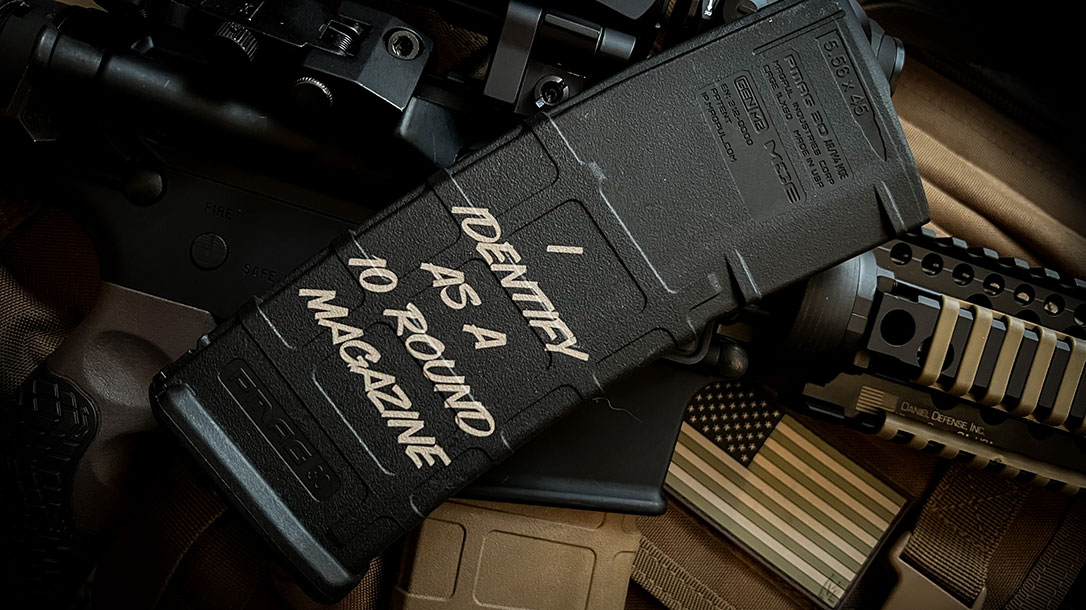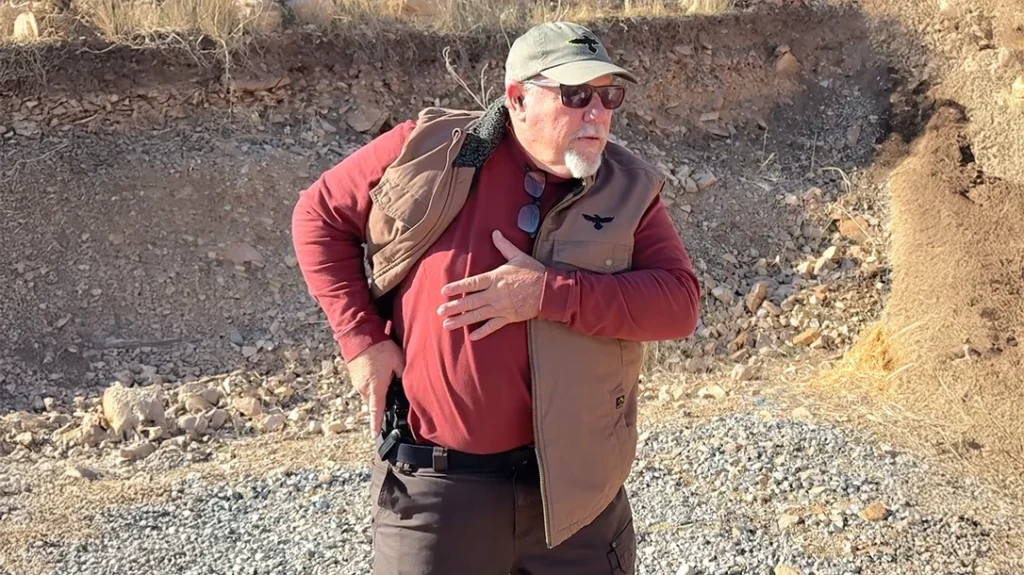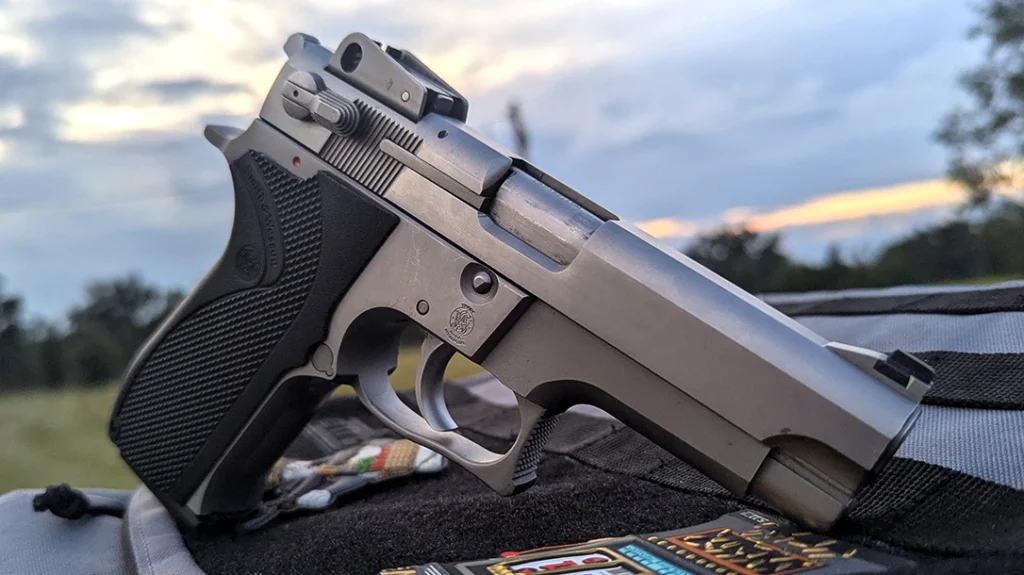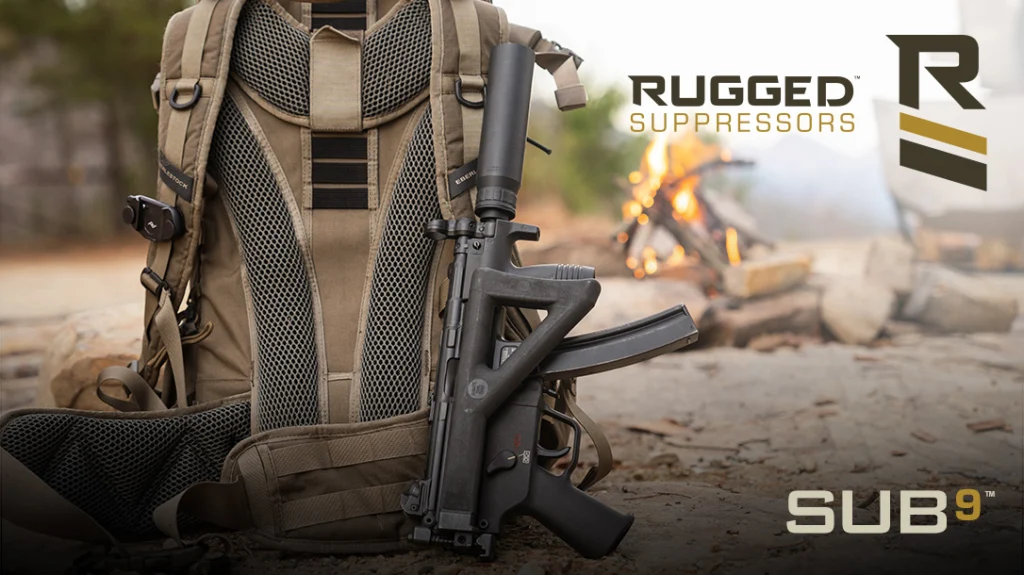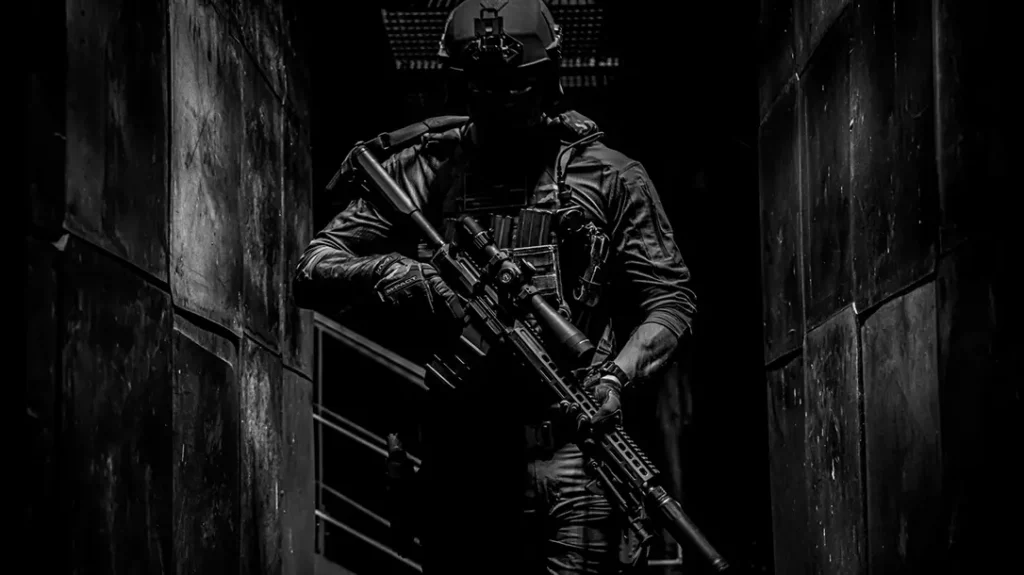While making repeated pleas for more gun control, President Joe Biden loves to crack jokes about law-abiding gun owners. Specifically regarding their “need” for 50, 60 or 100 rounds of ammunition. He did it again from The White House Rose Garden while announcing his new federal gun control office. But a California judge disagrees and recently struck down the state’s magazine ban on magazines over ten rounds.
Southern District Court Strikes Down California Magazine Ban
“I’ll say it again… It’s time again to ban assault weapons and high-capacity magazines,” the president remarked. “If you need 80 shots in a magazine, you shouldn’t own a gun.”
The president repeated several false claims about the firearm industry and gun owners. Arguments about magazine capacity have zero to do with “needs” and everything to do with Constitutional rights, however.
Advertisement — Continue Reading Below
Currently, 14 states and the District of Columbia restrict magazine capacity, limiting the number of rounds of ammunition law-abiding citizens can carry. Two recent developments could change that and have significant implications for the rest of the country.
California Magazine Ban Denied
U.S. District Court for the Southern District of California Judge Roger Benitez struck down the Golden State’s ban on magazines with a capacity greater than 10 rounds in Duncan v. Bonta.
The reversal won’t take immediate effect. California Attorney General Rob Bonta immediately filed a notice appeal and an emergency motion for a stay of the order. Meaning the ban will likely stay in effect while the case remains pending.
Advertisement — Continue Reading Below
“Large capacity magazines… have no place in our communities,” AG Bonta suggested.
The ruling was Judge Benitez’s second time striking down the California magazine capacity ban – the first in 2017. In handing down his decision, the judge made the case that the ban is unconstitutional under the U.S. Supreme Court’s Bruen test.
“There is no American tradition of limiting ammunition capacity,” Judge Benitez wrote in his decision. “There have been, and there will be, times where many more than 10 rounds are needed to stop attackers. Yet, under this statute, the State says ‘too bad.’”
Advertisement — Continue Reading Below
The judge isn’t wrong. In fact, it’s quite the opposite. Even before the U.S. Constitution was ratified, and the Second Amendment was added with the other Bill of Rights, 18th Century dictionaries defined “arms” – as in, the right to keep and bear arms – as “any musket and bayonet; sabre, holster pistols, carbine; and any array of side arms… and any accoutrements necessary for their operation.’”
The Founding Fathers understood ammunition was arguably the most necessary accoutrement for the successful operation of an arm. That included repeating arms that gun controllers love to leave out of their arguments that “the Second Amendment was written at a time of muskets.”
This includes repeating firearms that were common – yes, expensive, but common – at the time as well. This includes a long list of repeating arms of that day.
Advertisement — Continue Reading Below
Newsom to Continue Attacking the Constitution
California Gov. Gavin Newsom called Judge Benitez an “idealogue” and “an extremist, right-wing zealot with no regard to human life.”
He’s also called for a Constitutional Convention of states under Article V of the Constitution. The point is to adopt a 28th Amendment that would severely restrict gun rights.
Duncan v. Bonta now goes to the U.S. Court of Appeals for the Ninth Circuit. The U.S. Supreme Court previously granted, vacated, and remanded the case in the wake of Bruen.
Advertisement — Continue Reading Below
This means the Court is watching the case closely. And it is now one step closer to garnering the Supreme Court’s final decision, according to The Reload.
Eyes on Oregon
Just north of California, Harney County Circuit Court Judge Robert Raschio just heard closing arguments in the state court trial over Oregon’s controversial Ballot Measure 114 as violating Art. I, Section 27 of the Oregon constitution (“The people shall have the right to bear arms for the defence [sic] of themselves,..”).
That initiative, was adopted by voters with just 50.6 percent of the vote last November. It has been deemed “the most restrictive antigun law in the country” by Oregon gun rights advocates.
Advertisement — Continue Reading Below
Among other strict gun control provisions, Measure 114 bans magazines with a capacity of more than 10 rounds of ammunition. In a related case in federal court, NSSF challenged Ballot Measure 114 as violating the Second Amendment to the U.S. Constitution. That case is now on appeal in the U.S. Court of Appeals for the Ninth Circuit.
Judge Raschio temporarily blocked the measure last December from going into effect until after the trial and his decision. Media reports from the trial suggest things are not going well for the state’s attorneys defending the new law.
Oregon Public Broadcasting – hardly considered a gun-friendly media source – reported, “Raschio had other charged exchanges, indicating his skepticism of many of the experts who defended the law’s provisions.”
Advertisement — Continue Reading Below
The Misguided Case for Magazine Bans
One state witness, Dr. Michael Siegel, an epidemiologist at Tufts University, faced “intense scrutiny” regarding his research into the effectiveness of various firearms laws, including magazine bans.
Siegel testified that since 2001, firearm homicides in Oregon increased 310 percent. Likewise, he tetified that when large capacity magazines are used in mass shootings, casualties more than double. According to reports. Judge Raschio had none of it.
“What just happened there is not scientific evidence. It’s not my view, it’s what the law requires … and I’m not going to allow that to be testimony of an expert because it isn’t scientific evidence,” he scolded Siegel.
Advertisement — Continue Reading Below
In another sign Judge Raschio is likely to strike down Ballot Measure 114, he allowed testimony from the superintendent of the Oregon State Police and other law enforcement to be admitted, over objections by state attorneys.
Judge Raschio read part of the testimony, saying, “Because police officers are defending themselves against the same criminals as citizens, their experience is highly relevant to the appropriate scope of self- defense… This is true even though police are often working together as a group, with even less need for higher capacity magazines than individual citizens attempting to defend themselves.”
Judge Raschio is expected to hand down his decision within 60 days. Regardless of the outcome, the state court case is likely headed to the Oregon Supreme Court.
Together with developments in California and the previous interest in laws banning capacity limits of magazines shown by the Supreme Court, it’s likely there will be consequential developments soon that could benefit law-abiding Americans and their right defend themselves.
That includes using a firearm and any accoutrements necessary for their operation – including magazines that hold more than 10 rounds.
Story originally posted to NSSF.org.
